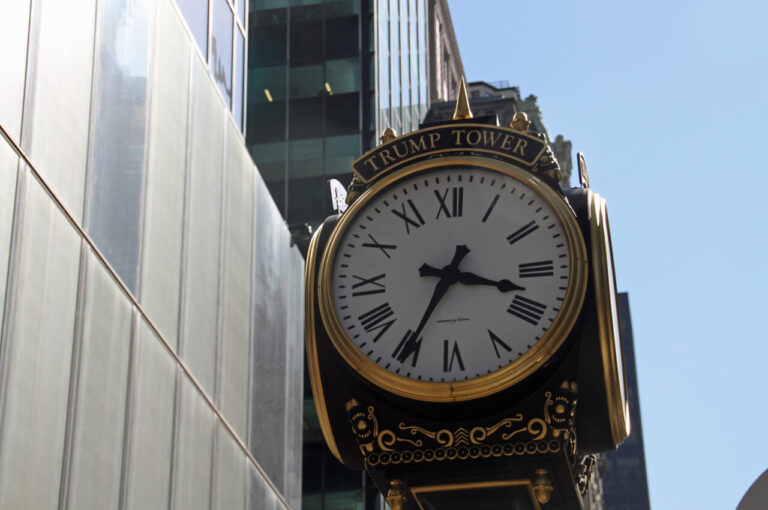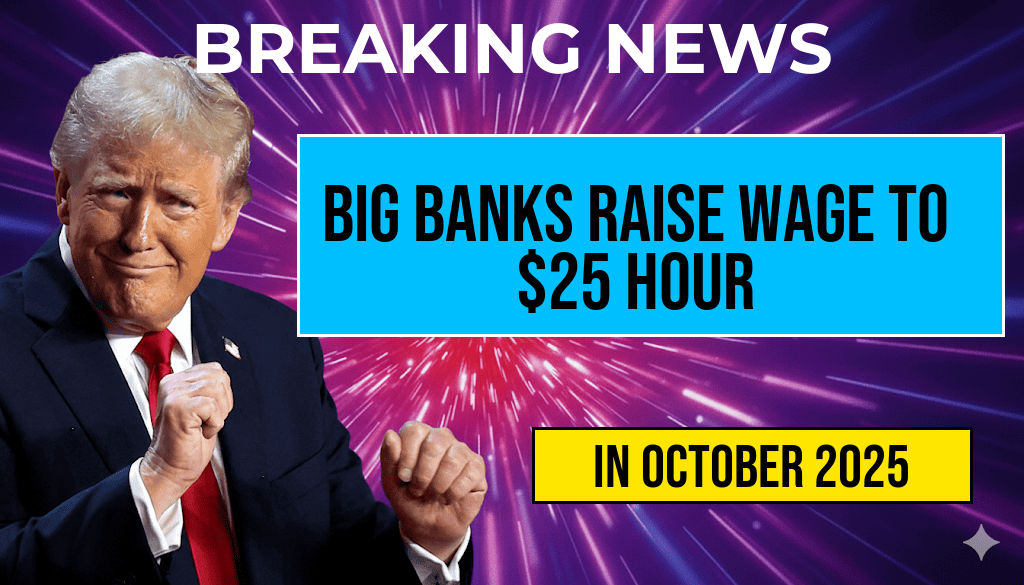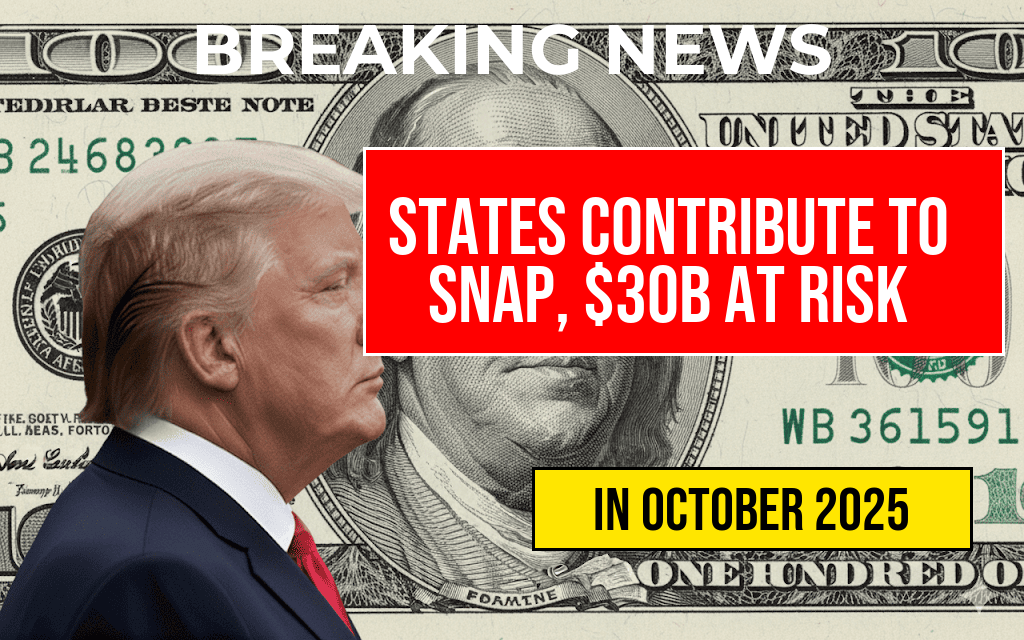In a significant move that could reshape the banking industry’s wage landscape, Bank of America (BofA) has announced it will raise its minimum wage to $25 an hour effective immediately. This decision not only reflects the bank’s commitment to improving employee compensation but also places increased pressure on other financial institutions to follow suit. With labor shortages and rising inflation becoming critical issues, BofA’s action signals a potential shift in how banks value their workforce amidst ongoing economic challenges. As competition for talent intensifies, other major banks are now grappling with the necessity of adjusting their wage structures to retain and attract skilled employees.
Details of the Wage Increase
The wage increase at BofA is part of a broader strategy to enhance employee satisfaction and retention. The bank, which employs over 200,000 people across the United States, aims to create a more competitive compensation package that aligns with current economic conditions. The announcement comes as many industries face labor shortages, prompting companies to rethink their pay structures.
Industry Reactions
- BofA’s new wage policy has elicited various responses from industry experts and competitors, with many praising the decision as a necessary step towards improving working conditions.
- Some analysts suggest that this move could lead to a domino effect, compelling other banks and financial institutions to increase their minimum wages to remain competitive.
- Financial analysts are closely monitoring how this wage hike will impact BofA’s operational costs and profit margins in the long term.
Comparative Wage Landscape
As BofA takes this bold step, it’s essential to examine how its new minimum wage compares to other major banks. According to recent data, many large financial institutions have been gradually raising their minimum pay, but few have reached the $25 mark.
| Bank | Minimum Wage |
|---|---|
| Bank of America | $25/hour |
| JPMorgan Chase | $20/hour |
| Citi | $15/hour |
| Wells Fargo | $17/hour |
Implications for the Banking Sector
The implications of BofA’s wage increase extend beyond its immediate workforce. As the bank sets a higher standard for pay, it may influence the broader financial sector, prompting other institutions to assess and potentially elevate their wage offerings. This shift is particularly critical as workforce dynamics continue to evolve in the wake of the COVID-19 pandemic. Employees are increasingly seeking not just competitive pay but also comprehensive benefits and a positive workplace culture.
Future Prospects
Looking ahead, BofA’s decision may signal a turning point for the banking industry. As companies face mounting pressure from employees and labor organizations to improve compensation, the potential for a wage increase trend could reshape the financial landscape. With inflation affecting the cost of living and job seekers demanding better pay, banks will need to adapt to these changing expectations to maintain their competitive edge.
Conclusion: A New Era for Bank Employees
As BofA sets a new standard with its minimum wage increase, the question remains whether other banks will respond in kind. The financial sector is at a crossroads, facing challenges not only from economic pressures but also from a workforce that is increasingly vocal about its needs. This pivotal moment could lead to a more equitable pay structure in the banking industry, ultimately benefiting employees and potentially enhancing customer service as banks invest more in their human capital.
For further information on wage trends and banking industry practices, you can explore resources on Wikipedia or visit Forbes.
Frequently Asked Questions
What is the new minimum wage announced by Bank of America?
Bank of America has raised its minimum wage to $25 an hour, reflecting its commitment to providing competitive compensation for its employees.
How does this wage increase affect other banks?
The wage increase at Bank of America is expected to put pressure on its competitors to also raise their minimum wages in order to attract and retain talent in the banking industry.
When will the new minimum wage take effect?
The new minimum wage of $25 an hour at Bank of America is set to take effect in the near future, although specific dates may vary based on the bank’s implementation plan.
What impact will this have on employees?
This increase in the minimum wage is likely to enhance employee morale and financial stability, providing greater economic support for those working in entry-level positions at the bank.
Are other banks likely to follow Bank of America’s lead?
It is anticipated that other banks will consider raising their minimum wage in response to Bank of America’s decision, as competition for skilled labor intensifies in the financial sector.













